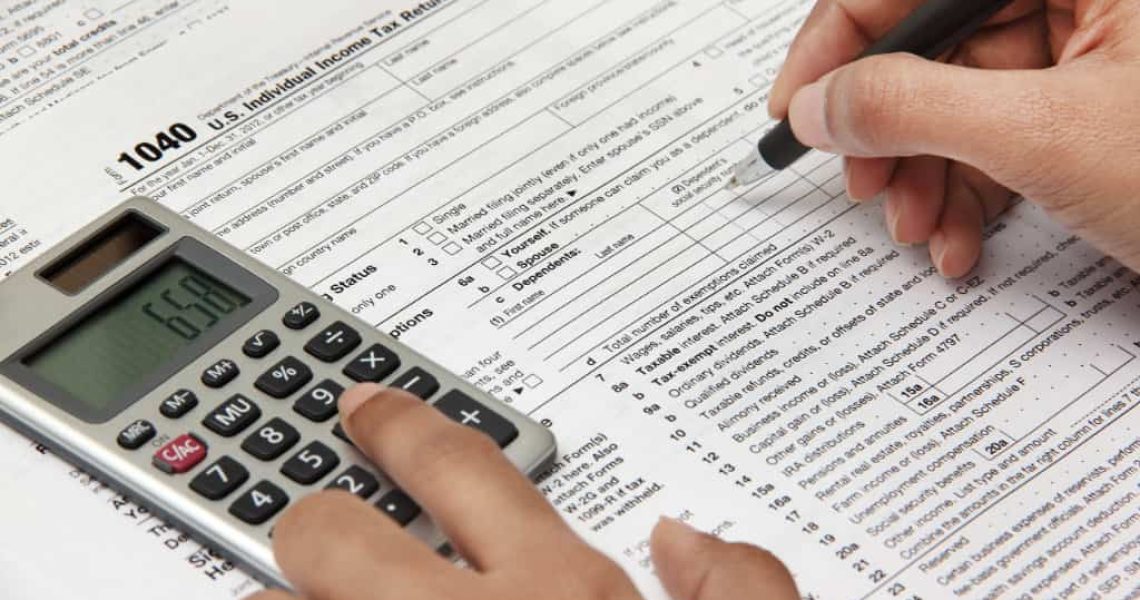Every year, millions of Americans dread the inevitable; they have to gather all of their receipts and records and get ready to file their Federal Income Tax Returns. When was tax season first initiated? Here, we will take a look at that magic day of April 15 and why it was chosen as tax day.
During Abraham Lincoln’s presidency in the 1860’s, were first legally required to pay income taxes. The President and Congress created the Commissioner of Revenue and enacted a Federal Income Tax law in order to fund the costly Civil War.
The original deadline for submitting your income taxes was March 1, not April 15. It was in 1918 when the Congress pushed the date out to March 15. Then in 1954, the date was once again moved, this time to April 15, the date we still know as tax day.
If you are an individual taxpayer, you are required to file either a return or an extension (Form 4868) by April 15. Corporate and other legal group entities must file their tax return or an extension by March 15. The extension merely gives you extra time to file your tax return, not extra time to pay if you owe.
For some years after World War 2, the tax burden was shared relatively equally by the corporate world and the individual taxpayer. Today, the shift seems to be toward the individual carrying the load of the tax burden.
An interesting event that occurred during the formation of income taxation laws in America occurred during 1918. Up until then, a lot of revenue for government funding came from alcoholic beverage sales.
Then came Prohibition. In 1919, Congress passed an amendment to the Constitution that made it illegal to manufacture or sell alcohol. In order to replace that lost revenue, income tax was the proposed solution, and despite the repeal of Prohibition, we’ve been paying income taxes ever since.
When the Revenue Act of 1942 was passed and the “New Deal” era was begun, government control and expenditures have continued to increase exponentially, and today the American taxpayer supports a multi-trillion dollar National Debt.
Currently, all the tax regulations for this country are under the management of the Internal Revenue Service, in which there are four major division: Wage and Investment, Small/Business Self-Employed, Large and Midsize Business, and Tax Exempt and Government. Each division governs the taxpayers and the laws as they are relevant to their particular department.


